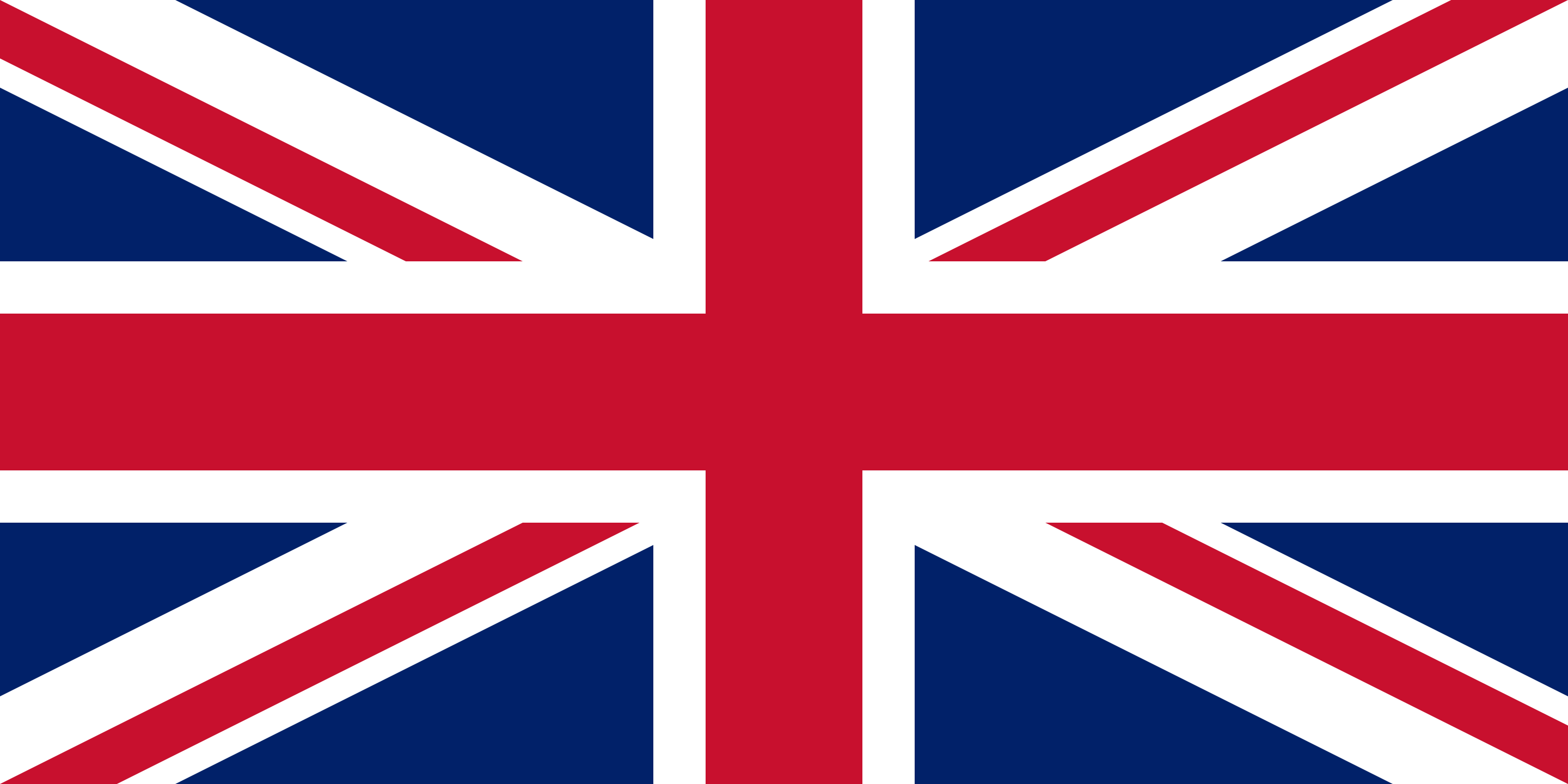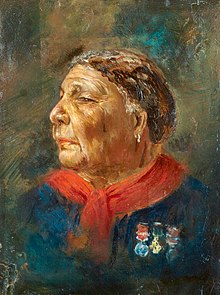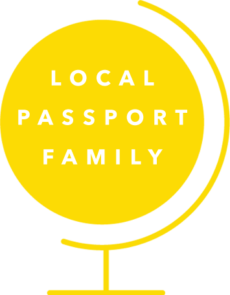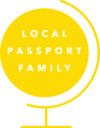Facts About the UK
Basic Facts
- The United Kingdom (UK) consists of four countries: England, Scotland, Wales and Northern Ireland.
- The Capital of the UK is London
- The United Kingdom was part of the European Union from 1973 until 31 December 2020 when”Brexit” finished.
- The United Kingdom is 93,628 sq mi, slightly bigger than Ghana and smaller than the US State of Oregon.
- 83% of people in the UK (83%) live in urban areas
- The official name is the United Kingdom of Great Britain and Northern Ireland
- Boris Johnson is the current Prime Minister of the U.K. Queen Elizabeth II is the Queen of the U.K. and 15 other commonwealth realms.
- The UK is in north-western Europe and includes the islands of Great Britain, Northern Ireland and many smaller islands.
- English is the official language, but Scots, Welsh (proud and difficult enough that only 11% of Welsh speak it), Gaelic and Irish are also spoken. Accents across British English change roughly every 25 miles.
- The currency in the UK is Pound sterling. $1 USD = 0.72 Pound sterling
- Christianity is the largest religion in Wales.
- From 1835 until 1925 the city of London was the largest city in the world. During this time, Greenwich was named the Prime Meridian (Longitude 0°) and became the center of world time, as it was thought such would advantage the greatest number of people.
- The UK’s primary industries include 80%+ in services, 19% in industries like oil, aerospace, pharmaceuticals and household products, and less than 1% agriculture.
- The UK was the largest empire in world history, influencing 23% of the world’s population, or 412 million people, in 1913. By 1925 the UK covered 24% of the earth’s total land area, or 13,500,000 sq mi. Greenwich is the “center of world time” and it could be said that the UK was “the empire on which the sun never sets.”
Interesting Facts
- No matter where you are in the UK, you are never more than 77 miles (125 km) from the sea!
- The UK has Europe’s biggest Airport (London Heathrow) and tallest building (Shard skyscraper in London at 1,015 ft/310m).
- The shortest scheduled commercial flight in the world is in Scotland. If you fly from Westray to Papa Westray in the Orkney islands, you’ll be in the air for a little over one minute. Tickets on Loganair start at £7.25 one way.
- Adhesive postage stamps were invented in the UK in 1840. The “Penny Black” bore a portrait of Queen Victoria.
- The Titanic was built in 1912 in the proud shipyards of Belfast
- The official language in the UK from 1066-1362 was French. The Breton language is still spoken, but mostly only by some people in Brittany in northwestern France.
- People in the UK drink 165 million cups of tea every day, including when kids get home from school.
- It’s thought that Ian Fleming used a bus route close to his home as inspiration for James Bond’s codename. The route 007 used to go from Canterbury to the Kent coast.
- William Shakespeare is credited with inventing 3,000 words, including bandit, courtship, lackluster, swagger, unaware, amazement, bedroom, downstairs, fashionable, courtship, and many others.
- If you time your visit to Gloucestershire right, you can participate in a cheese-rolling competition, where 6 lbs of Double Gloucester cheese is rolled down a hill and the first to catch it gets to keep the cheese! It is not as easy as it sounds, though: the cheese probably rolls in excess of 70 mph.
- Golf was invented in Scotland as early as 1457. However, it was outlawed for a while by King James II of Scotland, since soldiers were spending their time on the oldest golf course in the world rather than training.
- Golf was not the only sport outlawed by royalty: Football, or Soccer, was banned by King James I in 1424: He decreed that Na man play at the fut ball, in the Football Act of 1424” (spelling was not standardized yet).
- Queen Elizabeth II may have been called many things, but did you know that she is officially the ‘Seigneur of the Swans’. Any unmarked swan in open water in England and Wales is officially hers, and a census is taken of the swans (or “Swan Upping”) each July on the Thames River.
- Charles II wrote a royal decree that if any of the six black ravens in the tower of London flew away, the kingdom would fall. The tradition remains, and the wings of the Ravens are clipped to ensure the kingdom does not fall.
- British most famous foods may be Fish and Chips, Bangers and Mash, a Full English Breakfast and a variety of savory pies, but a recent vote of British people revealed that Chicken Tikka Masala is the overall favorite.
- The official animal of Scotland is the Unicorn
- Edinburgh was the first city in the world to have its own fire brigade.
- The highest proportion of redheads are in Scotland.
- The invention of the sandwich is widely credited to John Montagu, 4th Earl of Sandwich, who asked for cold beef between two slices of bread to keep his hands clean while he played games of chance.
- Llanfairpwllgwyngyllgogerychwyrndrobwllllantysiliogogogoch (“St Mary’s Church in the Hollow of the White Hazel near a Rapid Whirlpool and the Church of St. Tysilio near the Red Cave”) is a 58-letter* name of a town in Wales. And yes, the train station there actually has a sign long enough to write out the whole stop name. (*Actually only 50 characters in Welsh, though, since ll, ng and ch are treated as single letters).
- Wales has more castles per square mile than any other European country.
- The corgi dog comes from Wales “Cor-ci” and means “dwarf-dog.
- Eisteddfod, Wales has hosted a poetry, music and literature festival every year since 1176.
- St. Patrick of Ireland was actually Welsh and first journeyed to Ireland after being enslaved by some Irishmen.
Map of the UK
Color in the United Kingdom on this map of Europe!
United Kingdom Flag Activity

Flag from HERE
HERE is a fun printable UK flag coloring sheet!
UK Virtual Tour to a Featured Landmark: Stonehenge
Stonehenge is a huge, man-made circle of standing stones. Archaeologists believe the 5,000 year old structure may have been built over a 1,000 year period. Since there is no written record of why or how Stonehenge was built, scientists do their best to research. Some of the stones weigh 22 tons, more than four African elephants, and were probably carried from 15 miles away on sleds. The smaller stones still weigh more than one ton and probably came from Wales, 140 miles away.
Featured Important British Person: Mary Jane Seacole
Mary Jane Seacole (née Grant; 23 November 1805 – 14 May 1881) hoped to assist with nursing the wounded on the outbreak of the Crimean War, but was denied. She traveled independently behind the lines and set up the “British Hotel” where she nursed soldiers back to health. When Mary fell into poverty after the war, a crowd of 80,000 people, including veterans and their families, attended to raise money for her. (Source)

UK History Activities for Kids
Here are 5 amazing history activities from Historic Royal Palaces to play with your kids!





